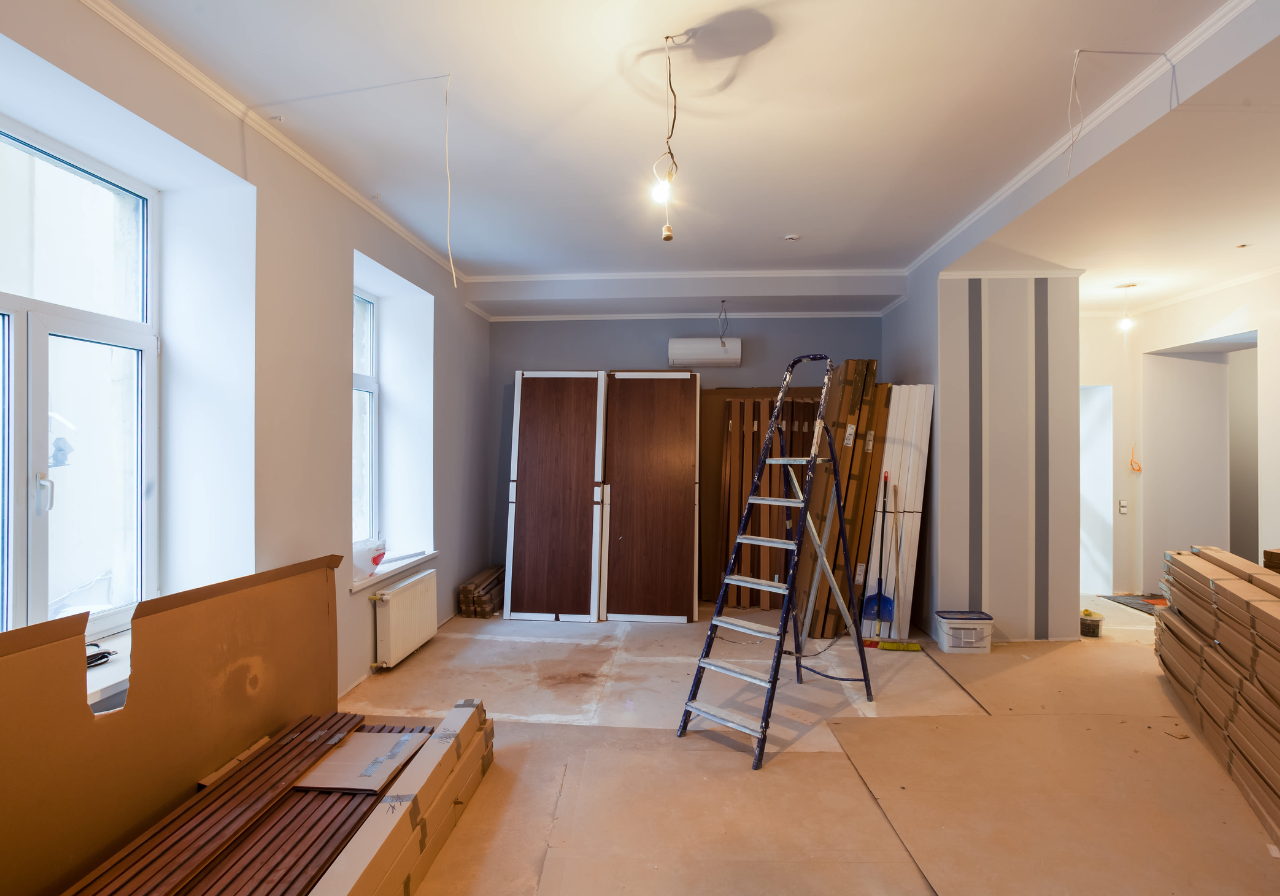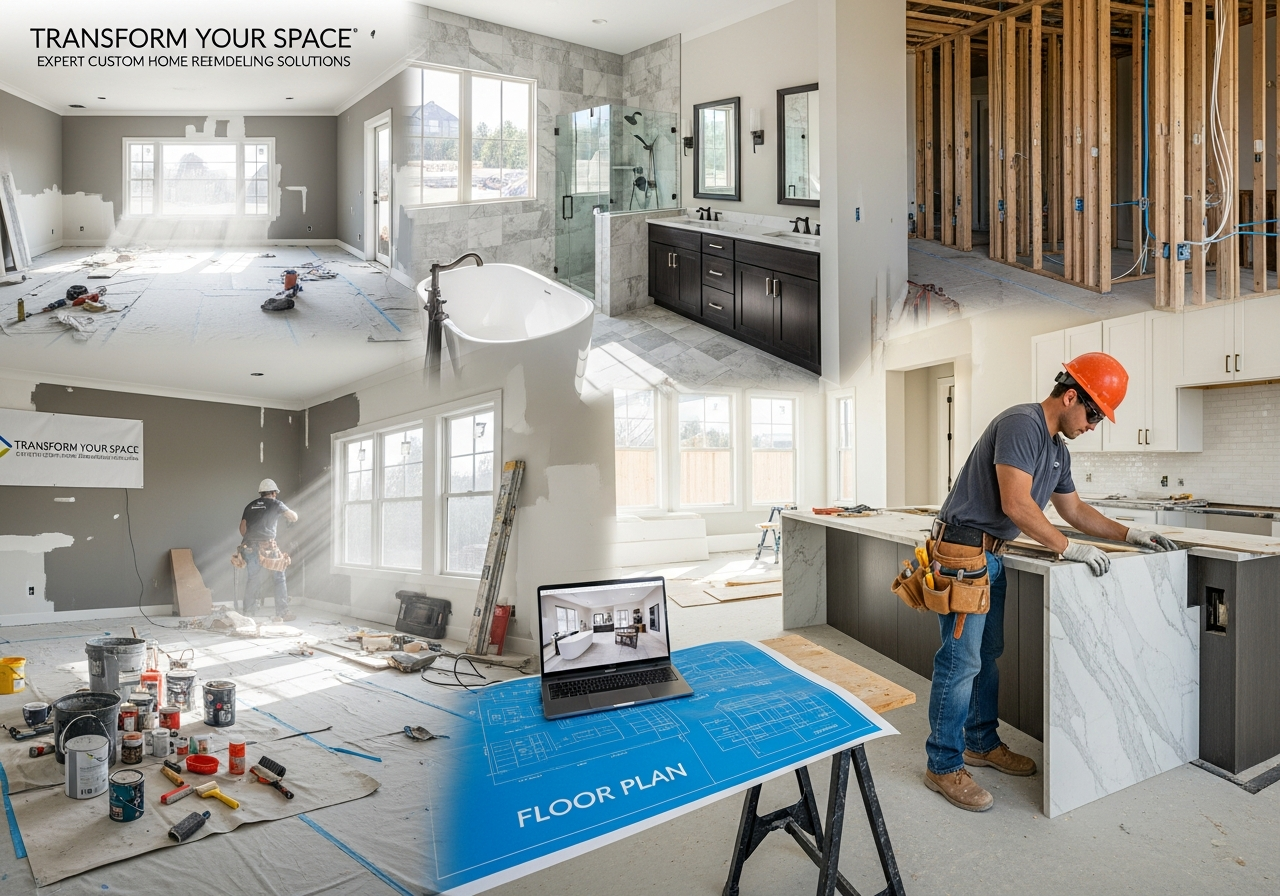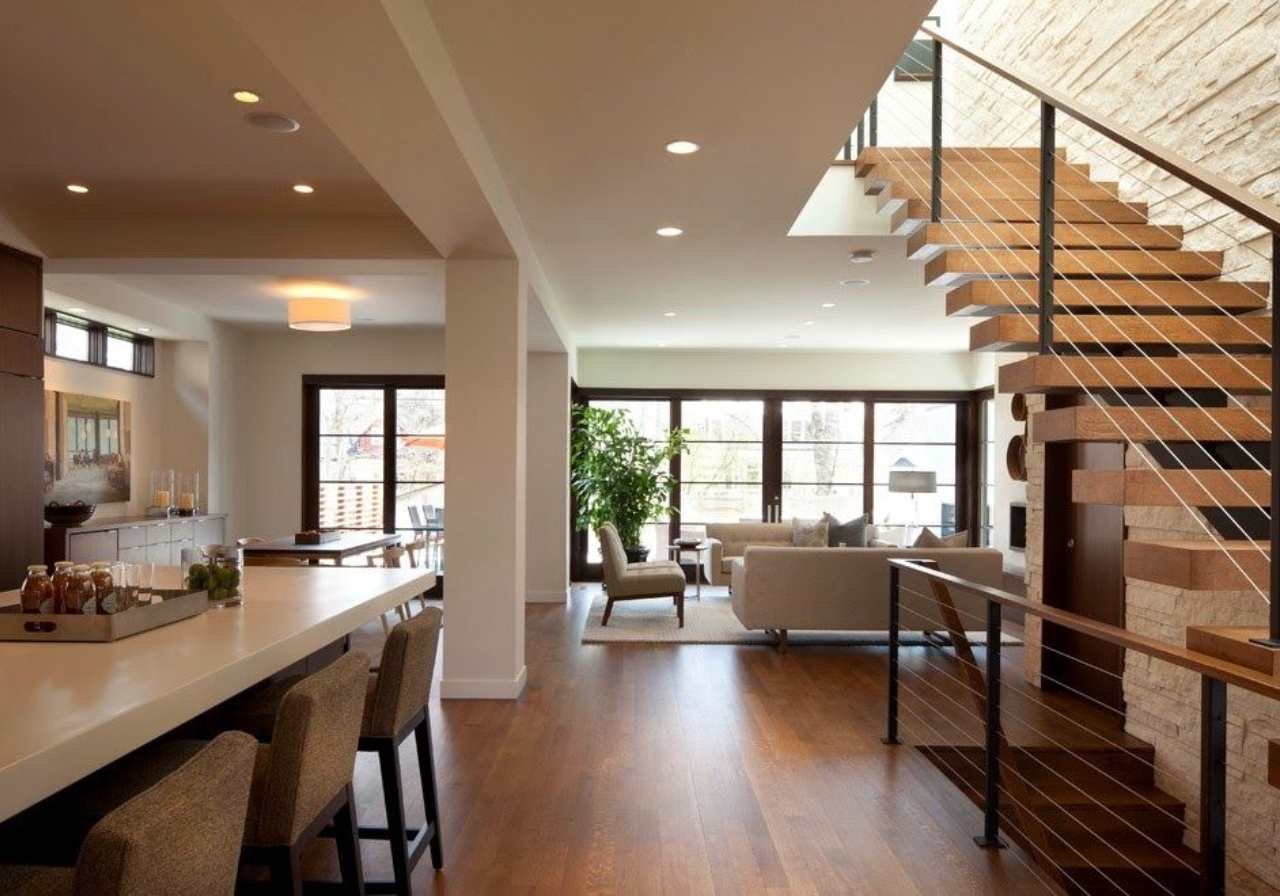If you are planning to do a home remodel in 2025, the biggest question you will face is: Do I need a permit for this renovation? In most cases, the answer would be yes unless the repair is minor. Each state in the USA has different municipal regulations that you should be aware of before planning a home renovation. These rules entail which repairs and maintenance require a permit and which do not.
In the US, generally any improvements that modify a home's structure, roofing, heating and cooling systems, and electrical and plumbing systems require permits. Many jurisdictions have remodeling permit requirements for work that exceeds a certain amount of money. So knowing these rules will save you a lot of money and time.
Renovations That Likely Need a Home Remodel Permit
Before diving into the details of specific permits, it's essential to understand what types of home remodels require one. Generally, major structural, electrical, mechanical, or plumbing changes will likely need approval from local authorities. Here’s a breakdown of typical projects that require a home remodeling permit.
- Structural Changes
Projects that involve major structural changes to your home, like tearing down or building new walls, will almost always need a permit. For instance, if you plan to add new rooms, change your home’s layout, or even install a new garage, you will need a permit. This is because such changes affect the residential building codes 2025, which are designed to ensure your home is safe and up to standard.
- Electrical Work
Electrical projects that include installing new wiring or circuits require a permit. Whether you're adding new outlets, installing a new lighting system, HVAC system, or upgrading your electrical panel, these changes can impact the safety of your home and require a professional inspection.
- Plumbing Upgrades
You will generally require a contractor permit by state if you want to relocate or install plumbing fixtures, such as toilets, sinks, water heaters, or even new plumbing lines. These plumbing upgrades are subject to local building codes that ensure water flow and drainage systems are constructed and maintained safely.
- New Windows or Doors
If you plan to create new openings for windows, skylights, or doors, especially if this requires structural modifications, the renovation legal requirements must be met. Although replacing windows and doors on a one-for-one basis might not need a license, new windows or any alterations to the structure will need official approval.
- Decks and Fences
Building a deck higher than 30 inches requires a permit in many municipalities. Similarly, fences that exceed a specific height (usually 6 feet) often trigger a need for approval. These structures can affect property boundaries, so it's essential to verify local laws on height restrictions and installation requirements.
Renovations That Don't Require a Permit
Not all renovations require a permit, especially when the work is minor or cosmetic. Here are some of the common home remodel projects that may not require approval.
- Painting or Wallpapering: Simply updating the color of your walls with new paint or wallpaper typically doesn't require a permit.
- Installing Hardwood Floors or Carpeting: As long as no structural changes are made, you can easily replace flooring without seeking approval.
- Replacing Countertops: Installing new kitchen or bathroom countertops typically doesn’t need a permit, as long as plumbing or electrical systems aren’t being altered.
- Replacing Faucets or Fixtures: If you're swapping out faucets or other small plumbing fixtures without changing any plumbing lines, a permit is usually not required.
How Do I Get a Permit?
Obtaining a remodeling permit is generally a simple process, but the steps may vary depending on the type of project and your location. Here’s a general permit checklist of what you can expect.
- Submit Your Plans
Before applying for a permit, you’ll likely need to submit detailed plans for your project to your local building department. These plans must comply with the building codes to ensure that your remodeling plans are structurally sound and meet safety standards.
- Permit Application
Once you have finalized your renovation plans, you need to submit them to your local permitting office. Depending on the size and complexity of your project and the estimated Whole-Home Remodel Cost some permits are issued on the spot, while others may take longer to process, especially if inspections are needed.
- Inspections
Throughout your remodeling project, you may need to schedule inspections at various stages of construction. Inspections are necessary to ensure the work meets code requirements. Final inspections will be conducted once your project is complete, marking the official end of the work.
- Final Approval
Once completed, schedule a final inspection for project approval. Typically, the approval came through in a few days. However, if you require a major renovation or structural maintenance, the permit may need a little more time. In short, the approval process time depends on the location and complexity of the renovation project.
The Bottom Line
The answer to the question Do you need a permit for a home remodel project is mostly yes. For all the major renovations like the home's structure, roofing, heating and cooling systems, and electrical and plumbing systems, you will need to ask for permits under the state laws. However, for minor maintenance and cosmetic repair, you do not require any license.
Are you planning a home remodeling? Trust 3D Home Improvements. We combine innovative yet sustainable techniques with a personal touch, ensuring every project, from decking to remodel, is executed with precision and care. We not only create spaces that look great, but also ones that stand the test of time.
Contact 3D Home Improvements now and let's transform your house into a dream home with quality you can count on.





